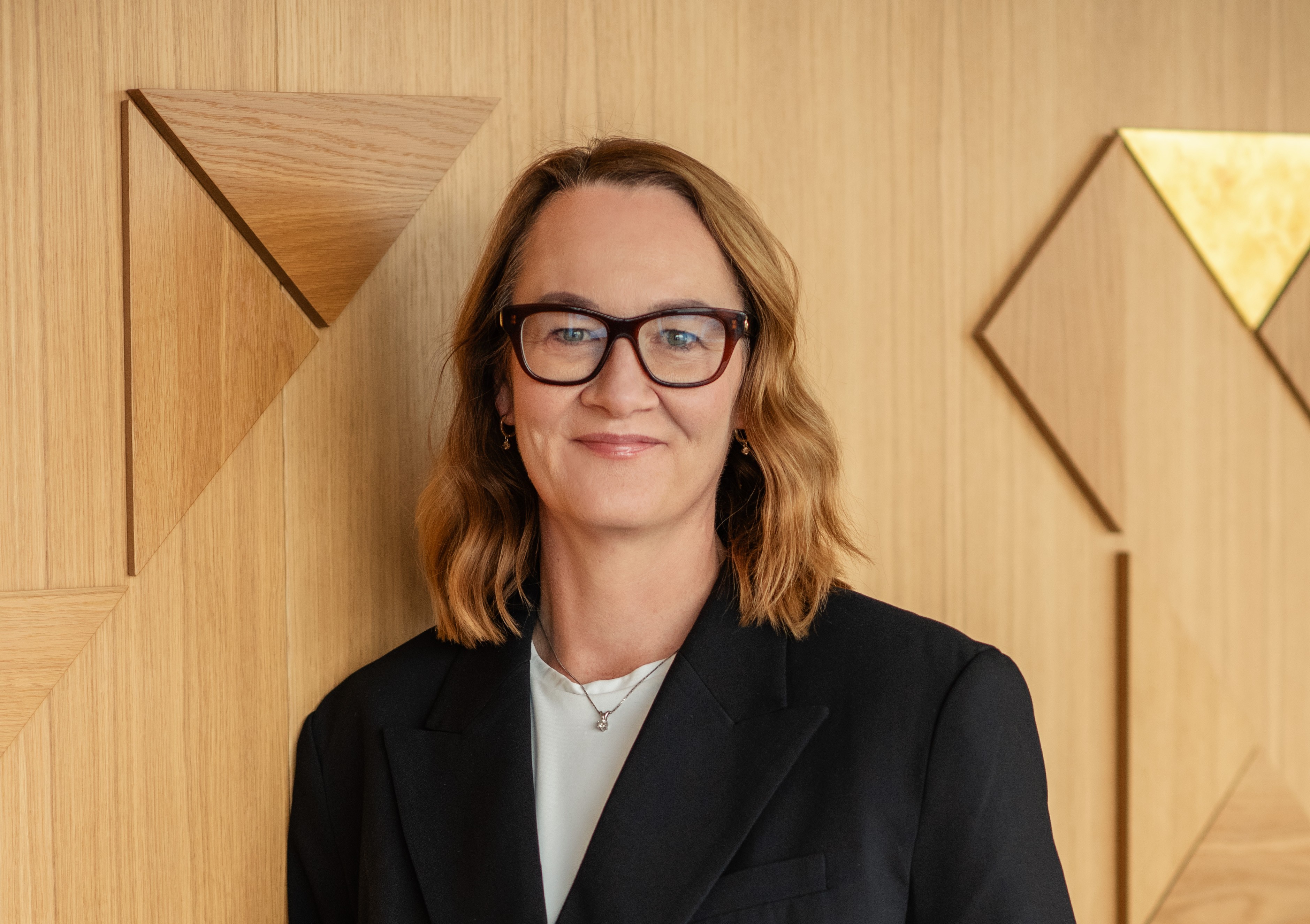1. How does Handelens Miljøfond work with sustainable projects, and what role do you play in this effort?
Primarily, Handelens Miljøfond announces funding opportunities one to two times a year in the areas of plastic cleanup, circular plastic economy, and reduction of plastics, particularly plastic bags. Most organizations and companies are eligible to apply for one or more of these calls, though applications from individuals are not accepted. The role of Handelens Miljøfond is to facilitate high-impact environmental projects within the field we call plastics and the environment.
I am responsible for strategy and innovation, which involves promoting and evaluating potential future solutions and directions.
2. What do you find most exciting about the fund's work to reduce plastic waste and promote sustainable development?
Handelens Miljøfond is Norway’s largest private environmental fund, which gives us the resources to make substantial changes. We’ve already laid the foundation for infrastructure to increase plastic sorting in Norway. We support a wide range of projects that otherwise might not reach the scale needed to assess their viability. Our work covers a broad spectrum, from volunteer efforts to research, testing reuse systems, plastic recycling, and infrastructure development.
3. What are the biggest challenges in mobilizing the business sector to participate in environmentally friendly initiatives in Norway?
In my view, the business sector is generally willing but sometimes needs a little help to get started, especially smaller companies. They also want these choices to have a positive impact on their bottom line when they commit to environmentally friendly options, though that often isn’t the case. We need to make environmentally responsible choices more profitable and make it costly to make poor ones.
4. What do you think is needed to increase private sector participation in environmental projects?
As mentioned, businesses need to see that it’s profitable, and they need predictable frameworks from the government to make it easier to decide, for instance, whether to invest in something that will make their operations more environmentally friendly.
5. Is there a particular cause within impact that you are especially passionate about?
Much of what is happening today is based on hope for change. I am strongly in favor of enabling quantitative measurement of change so that we can know if real progress is being made.
6. Lastly, if you could ask the NorNAB network one question, what would it be?
How can you, as individual companies, contribute to achieving the goals of the Nature Agreement (Montreal-Kunming)?




